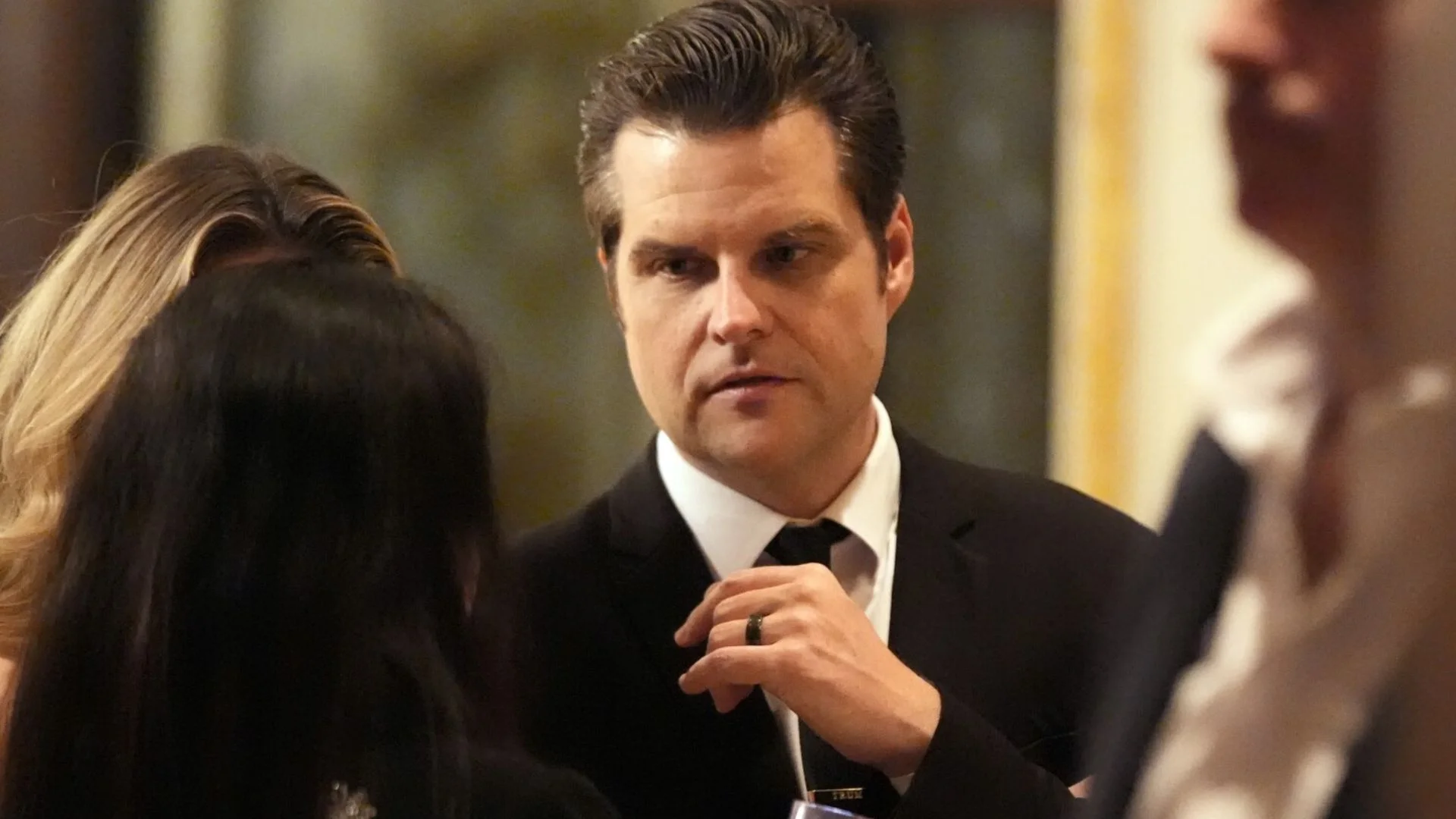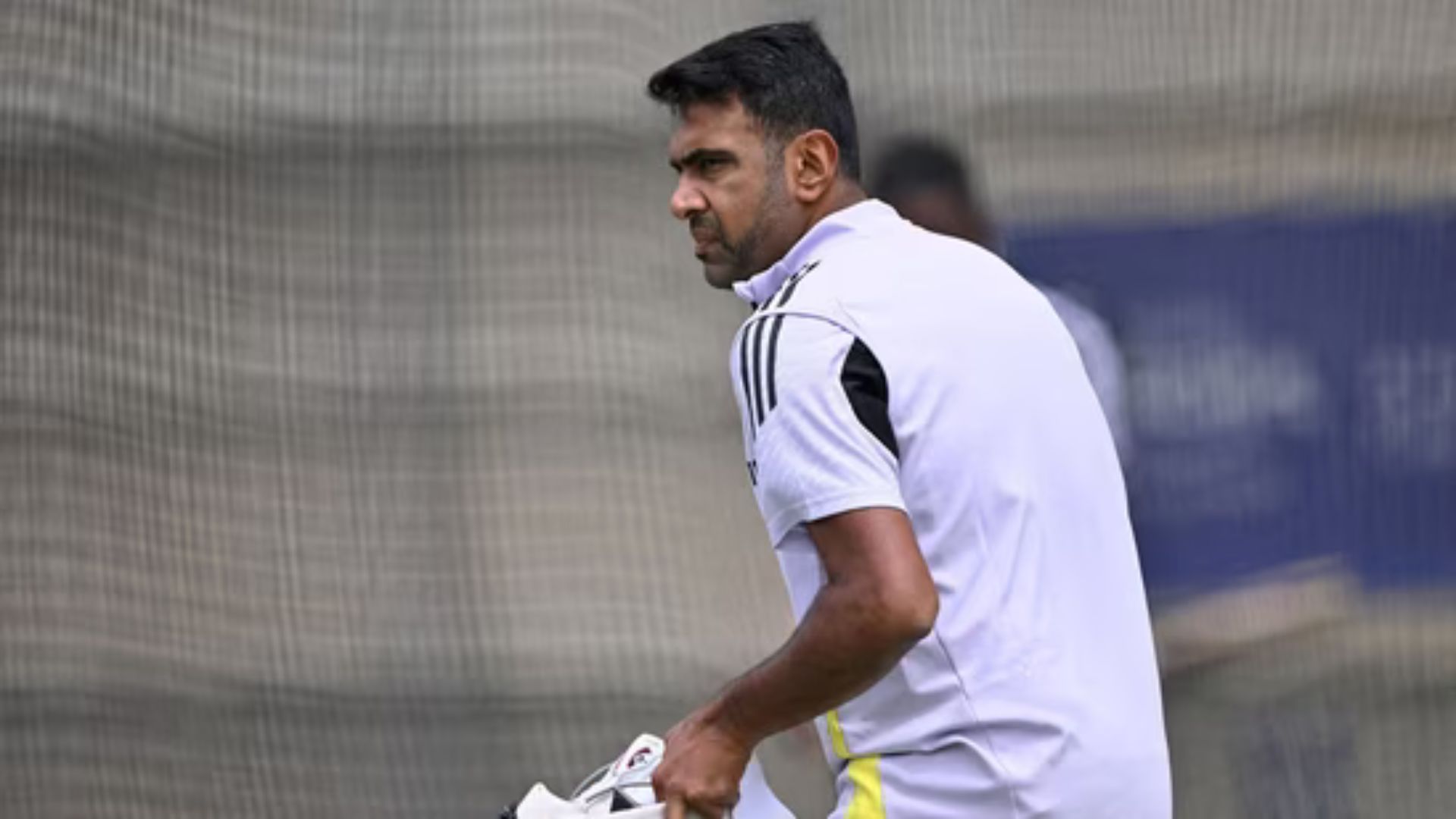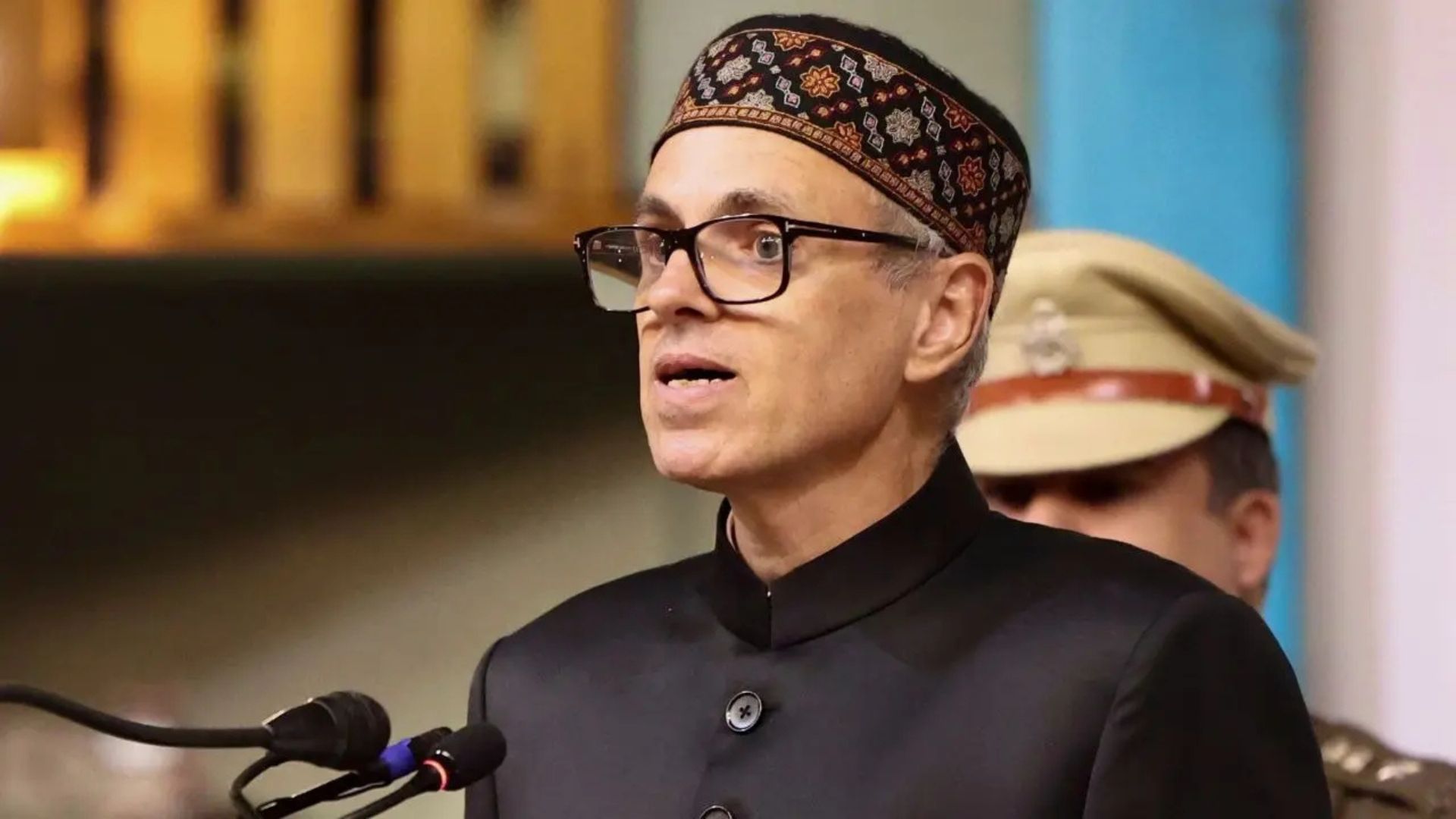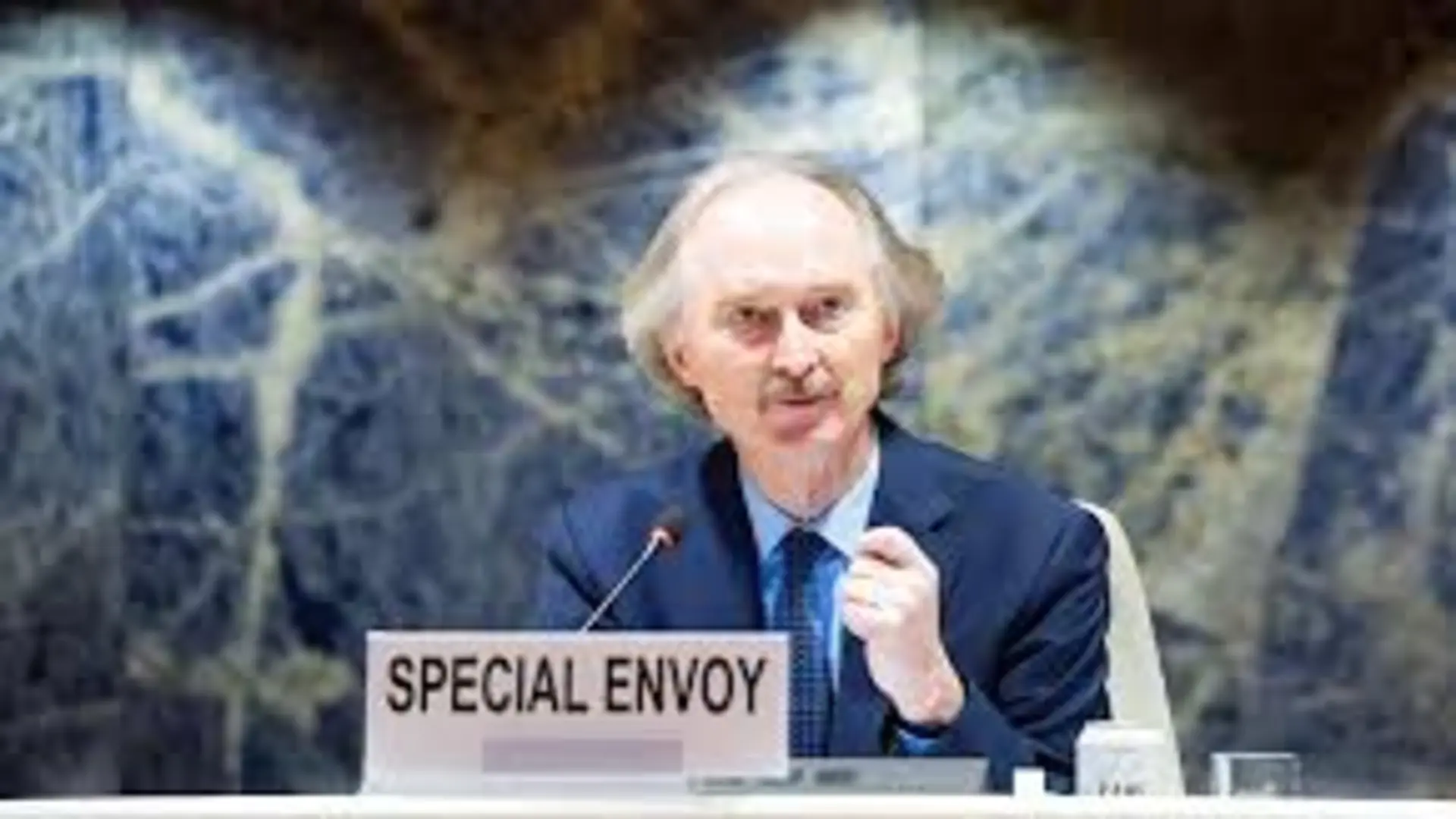
Yahya Sinwar, the Hamas leader responsible for orchestrating the deadly October 2023 assault on Israel, was killed by Israeli forces in southern Gaza yesterday. Sinwar, 61, had been a central figure in Hamas for decades, emerging as Gaza’s top leader after spending over 20 years in Israeli prisons. His role in planning the October 7 attack on Israel, which left more than 1,200 Israelis dead and saw over 250 hostages taken to Gaza, made him one of Israel’s most wanted figures. A $400,000 bounty had been placed on information leading to his capture or death.
Despite numerous targeted airstrikes, Yahya Sinwar managed to survive for months in the intricate network of underground tunnels beneath Gaza. His death now leaves a leadership void in Hamas during a crucial stage in the ongoing Gaza war.
Sinwar’s death raises questions about who will step up to lead Hamas. Several high-ranking figures within the organization are seen as potential successors, each bringing unique strengths to the table.
A founding member of Hamas, Mahmoud al-Zahar is a strong contender to succeed Sinwar. Known for his hardline views, al-Zahar helped shape Hamas’s ideological stance, balancing militant resistance with Islamist governance. Despite surviving multiple Israeli assassination attempts, he remains a vital figure within Hamas’s political framework.
Yahya’s brother, Mohammed Sinwar, is another likely candidate. A senior leader in Hamas’s military wing, Mohammed shares his late brother’s hardline approach. His leadership would likely signal a continuation of Yahya’s military strategies, which could further complicate peace negotiations with Israel.
Mousa Abu Marzouk, a senior member of Hamas’s political bureau, could also take on leadership. A key figure in Hamas’s establishment, Marzouk has experience in both organizational and financial operations. His time in exile, following his imprisonment in the U.S. in the 1990s, has kept him out of the limelight, but his long-standing ties to Hamas make him a serious contender.
Mohammed Deif, the elusive commander of Hamas’s Izz al-Din al-Qassam Brigades, has long been a shadowy figure in Hamas. Credited with masterminding many of Hamas’s operations, including the October 7 attack, Deif could emerge as a military leader. However, his survival remains uncertain following repeated Israeli assassination attempts.
Khalil al-Hayya is a political figure who has played a key role in cease-fire negotiations. His diplomatic skills and connections to international mediators make him a pragmatic choice for leadership if Hamas seeks to negotiate an end to the conflict.
Once the leader of Hamas, Khaled Mashal still holds influence despite falling out with some factions. Based in Qatar, Mashal oversaw significant military and political moves for Hamas during his tenure. His strained relationship with Iran, however, could limit his ability to regain leadership.
With death of Yahya Sinwar, Hamas faces a leadership transition that will have lasting implications for both the ongoing conflict in Gaza and future negotiations with Israel. The coming weeks will reveal who among these contenders will rise to lead the organization through one of its most critical phases in history.















